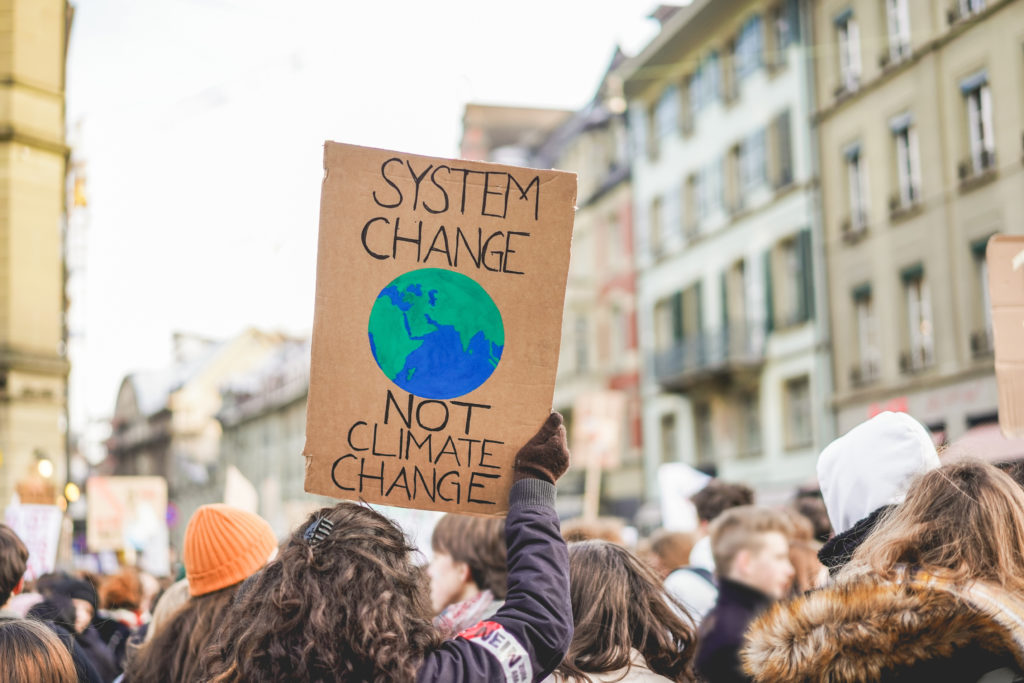In 2024, the global catastrophes that are foreseeable or have already occurred are turning into a multiple conglomerate of interdepending crises. Consequently apocalyptic doomsday scenarios are booming, as is the longing for a ‘better world’ or the irrational clinging to ‘business as usual’.
The latter in particular feeds the logic that guides the actions of all those who are responsible for shaping the future. As the future has largely lost its predictability, they are now only interested in mitigating the immediate consequences of disastrous developments as much as possible and otherwise pointing out that nothing more is possible. Or, as in the case of war, the devastating collateral damage caused by military action of all nations involved is referred to the indispensable national interests.
Everything as usual.

These are attitudes which, since they offer no constructive solutions whatsoever, are just as absurd as they are widely accepted.
Politicians, we can soberly conclude, cannot be expected to take any real rescue measures. Because that would mean turning the tide NOW, globally and radically. The desire cherished by all people to make the future imaginable again and to combine it with confidence in an intact living environment therefore remains illusory.
However, the causes of the ever closer approach of man-made world destruction lie deep. They are mainly due to the economic system that began to emerge around three hundred years ago and whose formula of forced money-multiplication has produced mechanisms of economic action in which the exploitation and use of natural and human resources cannot be broken.
This website deals with the question of whether it is possible to counter the increasingly prevalent dystopia with a ‘constructopia’.
In other words: How can people around the world be enabled to free themselves from paralyzing resignation and inability to act and to become constructively involved in creating, shaping, developing, testing and improving a new type of economy and society? And how can this involvement and the significant changes it brings about be made visible and tangible?
The answer is more obvious than ever: by means of an interactive and investigative planning and simulation game in which the aim is to create a global alternative.
According to the thesis, it would bring together science and everyday knowledge, experience, creativity and the social intelligence of committed people around the globe to seek and find solutions to the planet’s pressing problems as a global community project.
The goal would be to create, virtually and yet realistically, a society and economy that is power-free, non-hierarchical, stable, oriented towards the common good and sensibly organized, and that succeeds in dealing with each other, with nature, with the remaining resources and with climate change.
That is no small feat. However: Experiencing the jointly created change could prove to be quite pleasurable (see Imagine the Change) and also become an eye-opener for the systemic problems we are facing in the here and now.
As it is assumed that change towards a successful economic and social model is only possible by completely turning away from capitalist structures, the concept presents a number of guidelines (see The 12 Rules of the Game) that should enable the transition to a humane era and its preservation. At the same time, they are the result of a critical analysis of all previous economic and social systems and their deficits. They also contain an initial concept for an alternative economy organized with the help of IT (see Pool Economy).
So far, Global Alternative is merely the concept of a possible planning and simulation game that is awaiting realization. Any form of support is welcome (see Project Realisation)
If Global Alternative should be implemented, it would have to be Free Ware. Because this game is not one to be marketed. It is one that is about the future of all of us. It is about bringing human knowledge and experience to the solution of the all too pressing problems on this planet.
